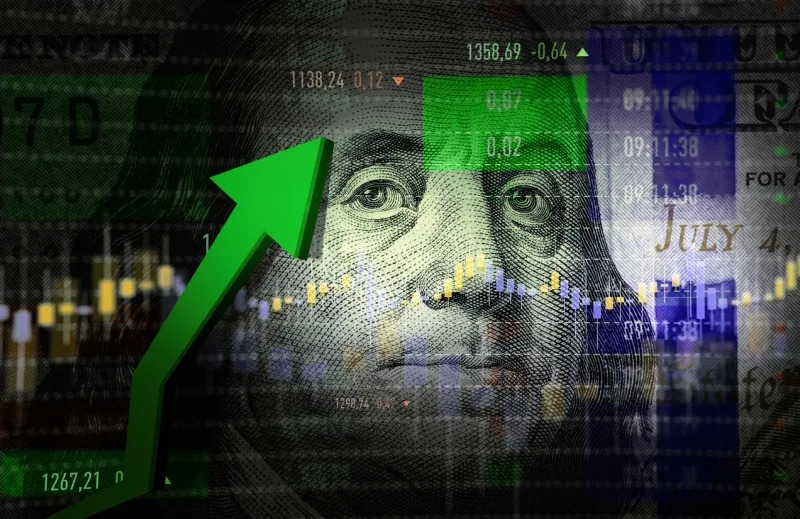
Treasury yields have spiked markedly since late last week, as President Biden’s weak debate performance has bond investors looking more closely at what a Trump presidency would mean for inflation and interest rates.
In the three trading days since Thursday’s debate, the 10-year Treasury yield surged from 4.27 to 4.44, a 4% increase. The rate-sensitive long bond market proxy, iShares 20+Year Treasury Bond ETF (TLT) , dropped more than 3% as bond prices have an inverse relationship to bond yields.
The bond market received some relief from inflation concerns Tuesday, as a speech from Fed Chair Powell assured investors that inflation was headed in the right direction.
Why is the bond market repricing inflation and rate expectations over the prospects of a Trump second term?
Why WSJ, Morgan Stanley Predict Trump Inflation
During Donald Trump’s presidency, from 2017 through 2020, inflation was near historic lows. So, why are Treasury yields and bond ETF prices moving so sharply over concerns about higher inflation should the former president be re-elected? The Wall Street Journal, Morgan Stanley and 16 economists have all predicted it in the past week.
The general consensus among these various reports is that Trump’s policies, specifically those involving immigration and tariffs, are inflationary. Here’s how each of these policies potentially impact inflation and the broader economy:
Trump Immigration
Trump strongly opposes illegal immigration and favors a strict U.S.-Mexico border policy. A reduction in immigration would reduce the labor supply. With less workers available, businesses may find it more difficult to fill open positions without raising wages, potentially leading to price increases across the economy.
This is particularly true in sectors that rely heavily on immigrant labor, like agriculture and hospitality. Again, another potential boost in costs that might hit consumers.
Trump Tariffs
During his 2024 campaign, Trump’s tariff ideas include a 10% universal baseline tariff on all U.S. imports and a 100% tariff on imported cars. Tariffs generally put upward pressure on prices and can contribute to inflation:
Some argue that the inflationary impact of tariffs might be small, especially for a large economy like the U.S.
However, tariffs might add to other inflationary pressures, potentially making it harder for central banks to control inflation.
Permalink | © Copyright 2024 etf.com. All rights reserved
